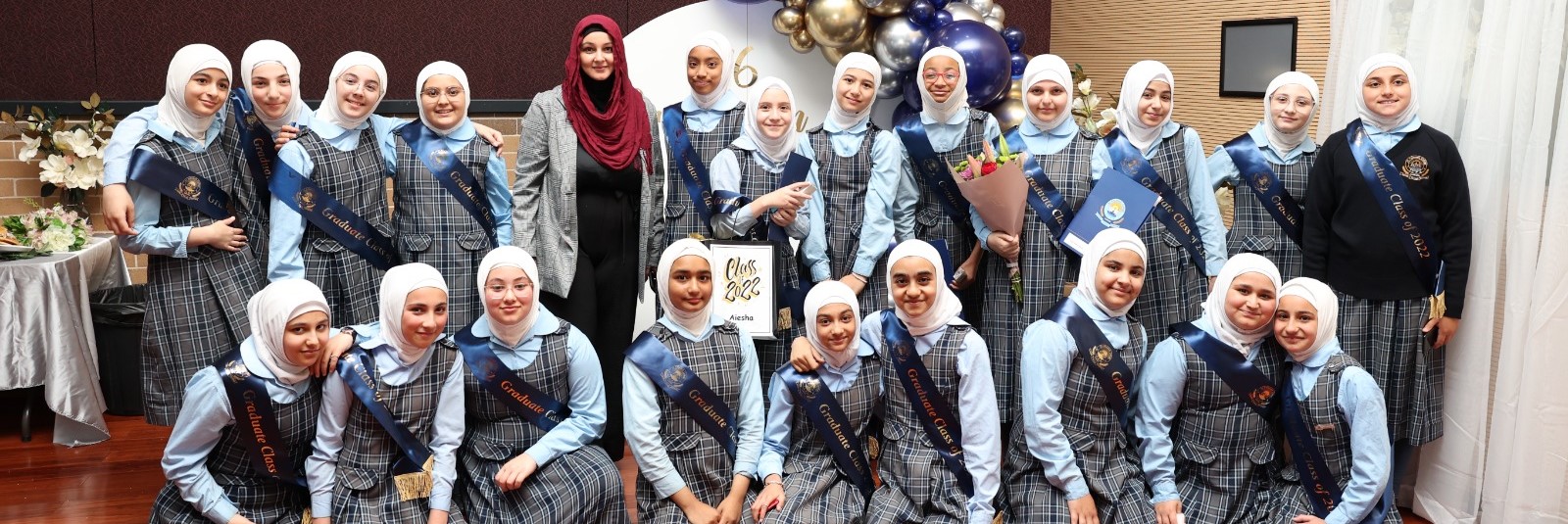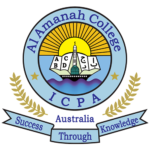
Pastoral Care
Praise be to Allah and may Allah raise the rank of Prophet Muhammad and protect his nation.
Best Practice Guidelines
Rationale
At Al Amanah College, we believe in restorative justice as our approach to behavior management. As teachers, it is our responsibility to promote active citizenship in our school community. Through restorative justice, students are encouraged to become accountable for their behaviors and engage in a process where they empathize with other parties affected, and repair harm to relationships. Teachers must create a supportive and positive learning community, which enhances students’ emotional literacy, so they may communicate with others about their feelings. Teachers allow opportunities for choices to be made to repair the harm and allow closure, providing resolution to conflict. This prevents negative social behavior through character education, conflict management training and building respect for diversity. It promotes a problem-solving approach to behavior management that encourages positive social behavior by expecting young people to fix the wrong they have caused thereby learning from their mistakes.
In our learning community, we no longer place importance on the notion of discipline, which implies ‘correction and training’ by punishment. We believe in Positive Behavior Support whereby students are taught procedures and skills, practice these in a variety of settings, and master necessary social skills for successful citizenship. Class teachers and management also offer intensive or personalized support to those students who find this process challenging through a variety of services including Restorative Conferences, Resolution Time, Individual Behavior Management Plans, and Social Skill programs.
Principles
Al Amanah College practices four important principles to create a supportive and holistic environment for our students; positivist, responsibility, guidance and reflection.
Positivity
Positivity encompasses every aspect of our learning community; printed environment, language utilized, and procedures. Students become successful citizens as their self esteem and confidence grows. Effective teachers communicate in a way which promotes the behavior expectations in a positive and proactive manner. ‘Stop talking’ becomes ‘This is quiet time now’ or ‘Remember we try our best to stay quiet while others are working’. Classroom ‘Rules’ are replaced with Classroom ‘Responsibilities’. The notion of ‘rules’ focus on obedience and enforcement, while ‘responsibilities’ promotes a collegial accountability and fosters citizenship.
Responsibility
Some responsibilities will be expressed as expected, responsible behaviours (cooperate, share, act safely, do your best and so on), and other responsibilities will be more specific (be on time, be organised, and so forth). Teaching responsibility ensures students take ownership of their own thoughts and actions, to become responsible citizens.
Guidance
This encompasses both formal and informal mechanisms to teach students necessary social skills. The teacher acts as a facilitator in social skill lessons and values education, though also assumes this role when students become involved in conflict or inappropriate behaviors. A number of strategies may be utilized in guiding students in their conflict resolution or rectifying inappropriate behaviors. We replace ‘punishments’ with ‘Guided Choices’, which is a process where the teacher assists the student in creating a procedure or following some actions to repair any harm caused by inappropriate behavior caused to self or others. ‘Punishments’ by nature is a negative response which often creates adversarial relationships between students and teachers. It may create a temporary change of the students behavior, which fails to foster responsibility, cooperation or positive motivation.
Reflection
Reflection is necessary by all who engage in a Restorative Justice approach in behavior management. Effective teachers reflect on their own daily practices in order to address the needs of all students. Teachers began examining the structure of the learning environment, routines, and also their interactions with each student. Teachers must model to students how we may improve our own behaviors, or reactions through positive reflection. Reflection is a key component in our ‘Positive Behavior Management’ as students must reflect and discuss their behaviors and their affects. Reflection allows student growth, and encourages a collegial learning environment for all.
School Values
Our school is committed to providing quality, holistic education that prepares students to be successful confident learners within the community.
The following core values underpin the teaching and learning which takes place in our school;
- Positivity
- Integrity
- Wisdom
- Work Ethic
- Commitment
- Compassion
We acknowledge these important values as teachers engage in successful behavior management.
How Do Restorative Justice And Positive Behavior Support Correlate?
Restorative Justice encompasses our principal approach to behavior management within our school. Through Restorative Justice, people take responsibility for the impact of their behavior on other people, and strive to make amends and repair any harm caused. It is this ideology we must foster within our school community. It is through successful mechanisms utilized within Positive Behavior Support, that we may achieve our goal of creating active citizenship among our students.
